Can you remember something your grandparents said that made you feel bad? We love our grandparents very much, but sometimes what they say, even when they mean well, hurts our feelings or makes us look bad. When you’re with your grandchildren, being careful with what you say is just as important as in any other relationship. Words have a lot of power and affect how our kids act and think. Here are 16 popular phrases that grandparents should think twice about using with their grandchildren.
1. Great Job

While telling a child “good job” on everything can sometimes motivate them, it can also make them less motivated. It makes the child want to be liked and perfect all the time, which can cause worry and self-doubt in the long run. Parents and grandparents don’t have to praise every little accomplishment. They can just say, “I see how hard you worked on this, and I am proud of you.”
2. Obedience is Key
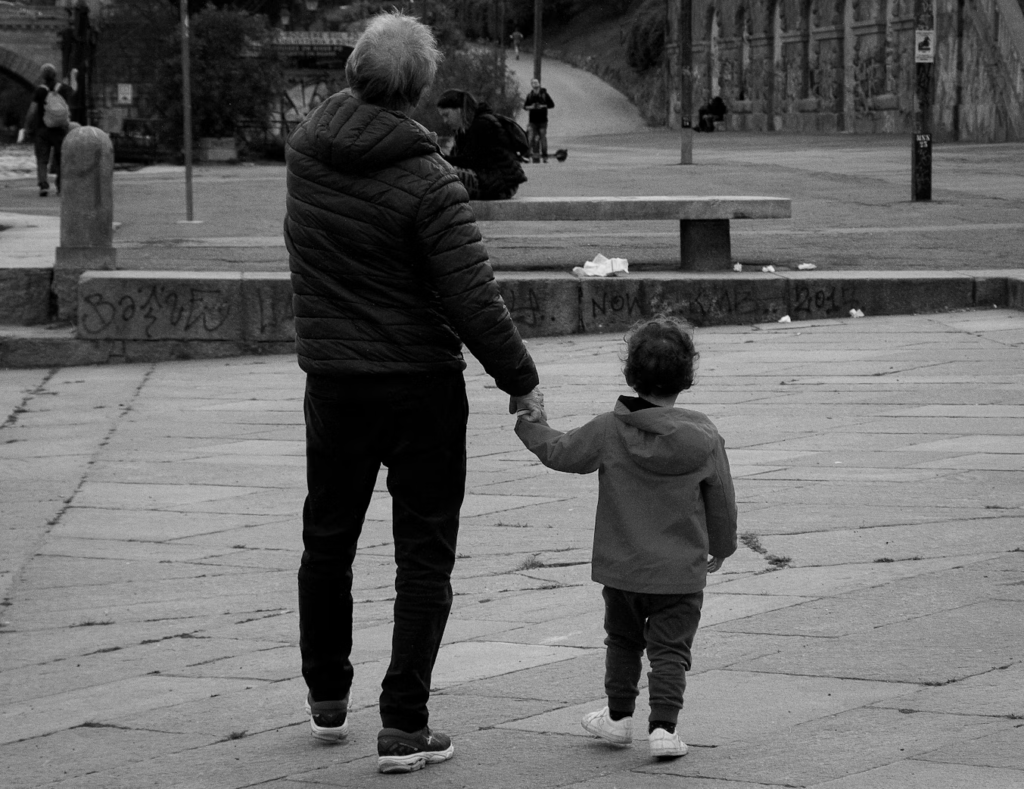
It’s not funny to say things like that to kids; it can make them feel unsafe and unloved. It makes them think that their grandparents might not love them if they don’t meet certain requirements. This can cause stress and even make the grandchild do things they don’t want to do just to get more love. Instead, let kids talk about their feelings and thoughts in a safe way, and listen to them with interest. This will build trust and love that doesn’t depend on anything. You value them for who they are, not just because they follow the rules or act in a certain way.
3. Picking Favorites
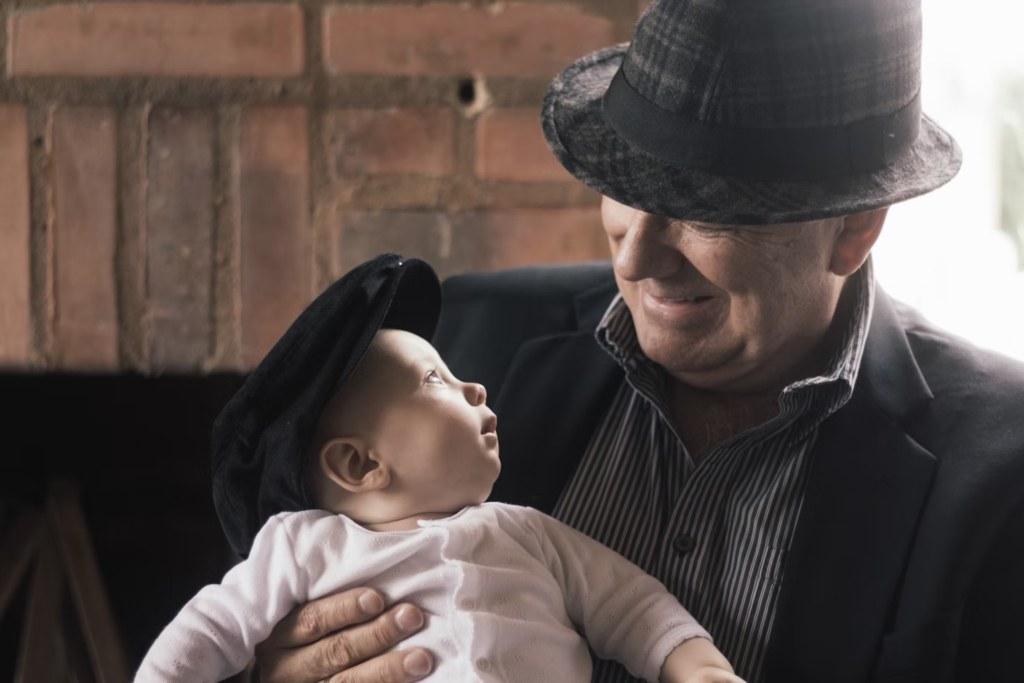
Picking favorites or implying that a grandchild likes one parent more than the other can cause needless stress and make everyone feel bad. It’s not fair to the grandchildren, and it makes them feel like they need to show love in a way that doesn’t match how they really feel. As grandparents, you should make the house a calm place where people can love each other without any conditions. To make kids feel more at home and safe, you can tell them to value their relationship with each family member.
4. When I Was Your Age
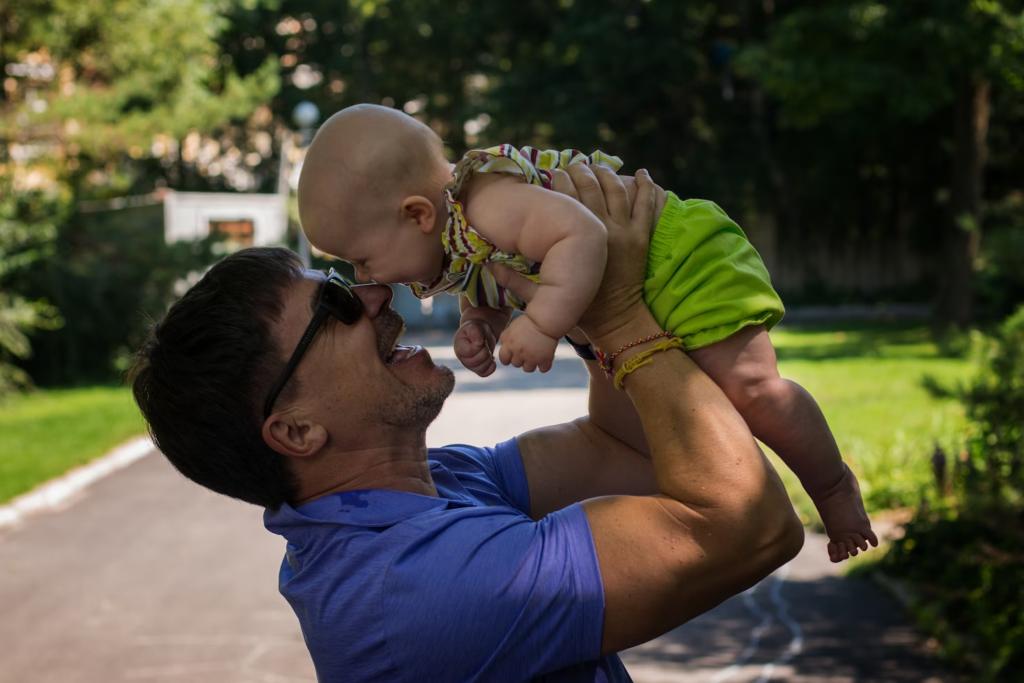
You should share your life stories with your grandchildren, but if you keep comparing theirs to yours, they may feel like you don’t understand them or that their problems don’t matter. Why not say, “Back in my day, we…” You could say, “You know, I went through something like that when I was your age.” “This is what I did…” You can be helpful and show that you understand by giving them some good advice.
5. If You Were My Child
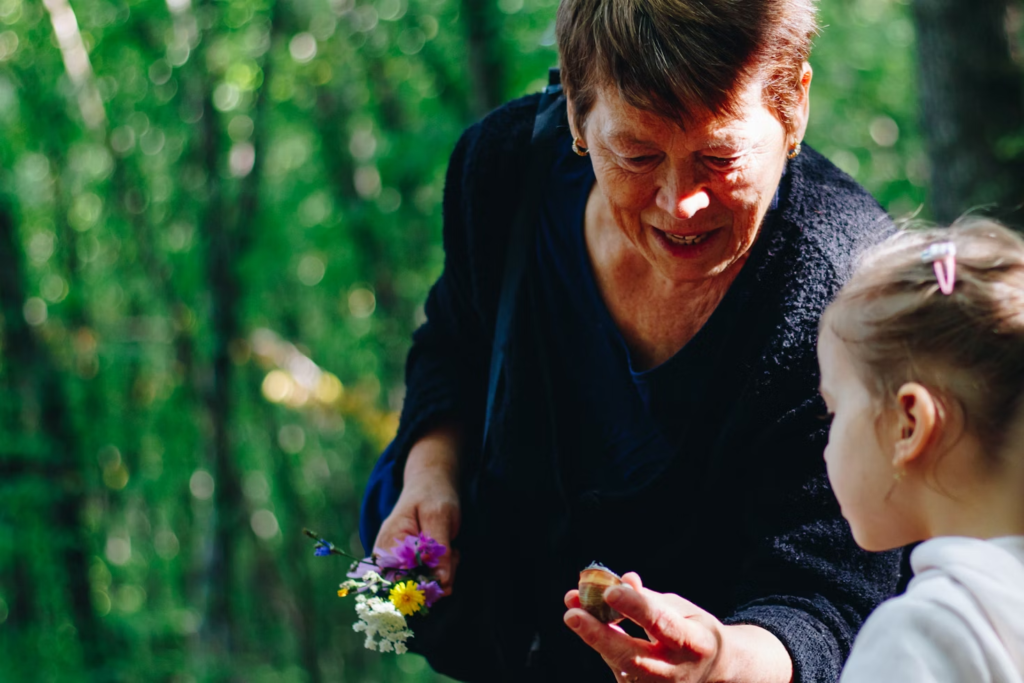
This phrase means that a grandparent doesn’t like how their grandchild is being raised. They may believe that their ways or ideals are better than those of the child’s parents. It’s often said out of love or worry, but it can make things tense and make it seem like the parents don’t have control. Even if grandparents don’t agree with the parents’ choices and rules, they should understand and accept them. Helping kids grow up happy and healthy can be a team effort if grandparents and parents talk to each other and offer helpful advice.
6. Because I Said So

It might work quickly to use force to get kids to listen, but it doesn’t teach them why things are the way they are. Kids won’t be interested or ask questions if you tell them “because I said so,” which is bad for their brain development. This is not the end of the chat. Instead, grandparents should use it to talk about why they made certain rules. Children learn to follow rules because they understand them, not because they are afraid of them when they can talk to each other freely.
7. Derogatory Nicknames
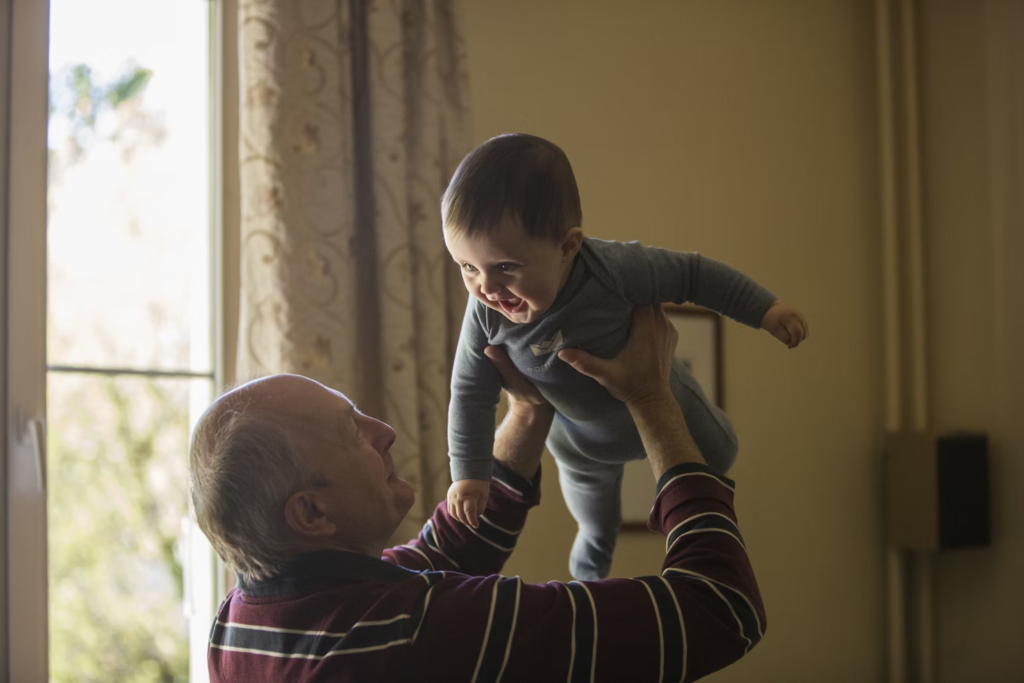
Giving their grandchildren nicknames is a cute and fun way for them to show they love them. But it’s very important to pick ones that make the kids feel loved and special, not weird or sick. When your kids pick a nickname, respect their choice. This can make the bond between grandparents and grandchildren stronger, which can make the family feel happy and more connected. It also gives the grandchildren a say in who they are and what they like, which boosts their confidence and feelings of independence.
Read More: Parents Find Missing Child in Minutes After Using ‘Looking Loudly’ Method
8. Stop Crying
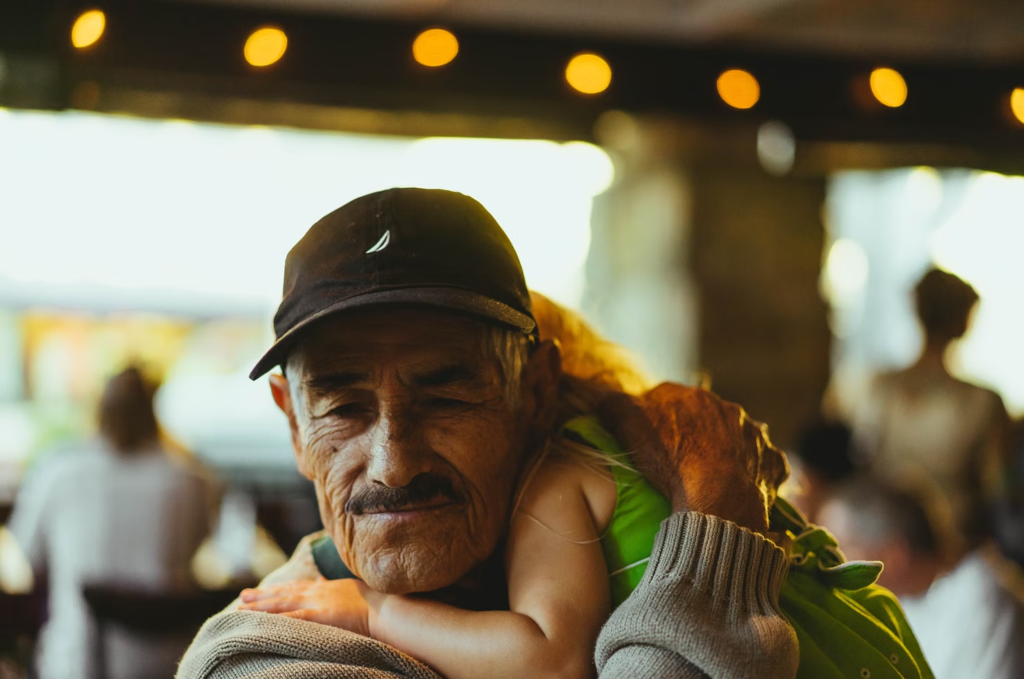
When you dismiss your grandchild’s feelings by calling them childish, they feel like their feelings don’t matter. It’s important to recognize and accept a child’s feelings, even if they seem small. This teaches kids emotional intelligence and lets them know it’s okay to say what they need to say and ask for help when they need it. Don’t tell them to stop crying. Instead, ask them what’s wrong and how you can help.
9. Good Grades
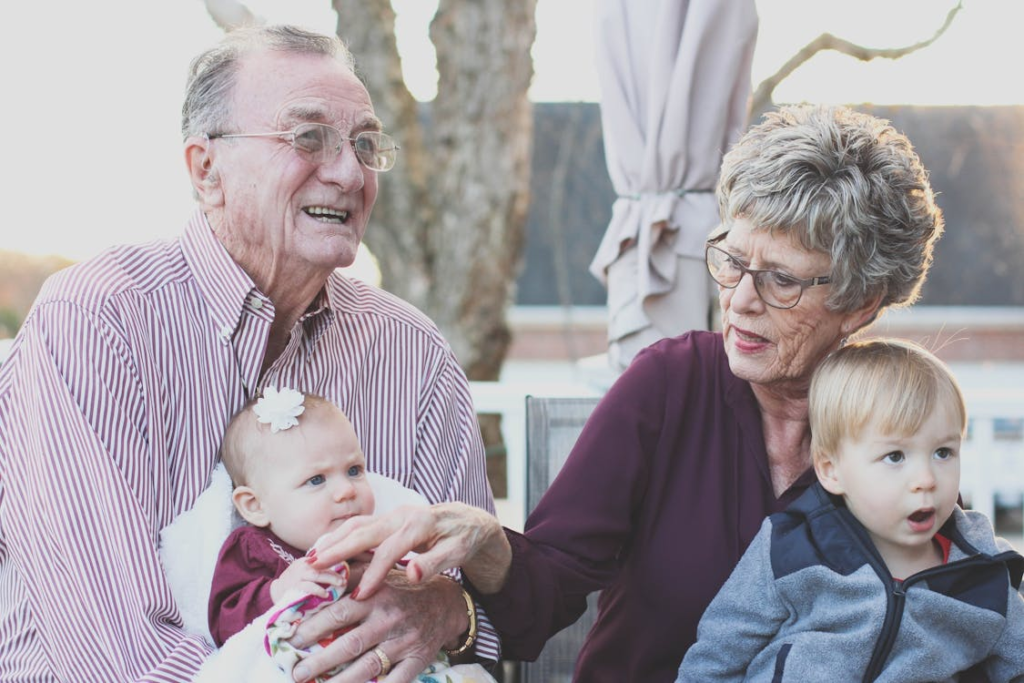
This question is generally asked with good intentions, but it can make grandkids feel like they need to do well in school. They could ask, “What did you enjoy learning about at school?” or “How do you feel about your classes?” instead of worrying about grades. These questions help grandkids have a more cool conversation about school that isn’t just about grades. They can talk about what makes them happy, what they’re proud of, and the problems they’re having.
10. You Are Spoiled

Being mean to a grandchild by calling them “spoiled” can hurt their relationships and self-esteem. Instead of making them feel bad, make it a happy time. When grandparents practice thanks with their grandchildren, they can really help them understand how lucky they are. You could say something like, “It’s great to have these chances.” “Let’s think of ways to share and help each other.” Kids will learn how important it is to share and be thankful.
11. You Are Too Sensitive
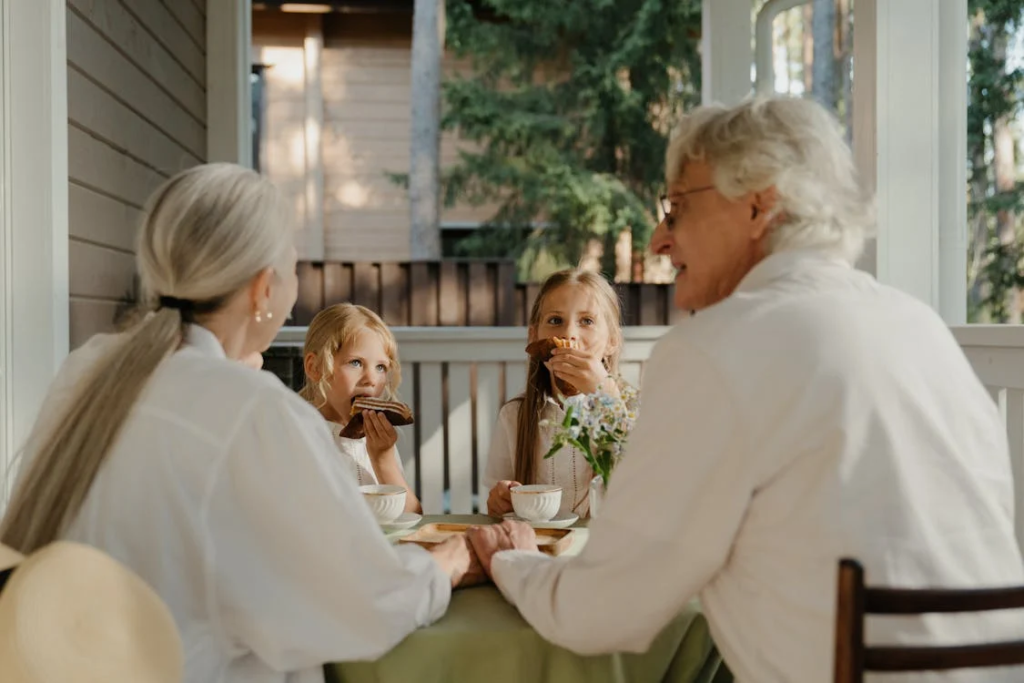
If you tell your grandchildren they’re too sensitive or emotional, they might think their feelings aren’t real. This could make them hide how they really feel because they’re afraid of being rejected again. If grandparents don’t want to ignore their feelings, they can make room for them by asking, “Do you want to talk about what’s bothering you?” By doing this, you show that you care about how they feel and are always there for them.
12. You’ll Grow Out of It

Telling a kid this means putting limits on their interests or challenges because you think they’re just going through a phase. It’s important to let them discover, whether it’s a sport, a friendship, or something else. What you might see as a quick interest could be very important to them in finding out who they are. Instead of avoiding what they’re going through, we grandparents should celebrate what they love, what worries them, and what drives them.
Read More: 60-Year-Old Woman Gives Birth to Her First Child, Husband Dumps Her Right on the Same Day
13. Comparing Siblings

It’s not okay to compare brothers. Children are put to the test when someone says something like, “Your brother could do that when he was your age.” It can make siblings fight and make you feel like you’re not good enough. When grandparents pick one grandchild over the others, even if they don’t mean to or aren’t aware of it, it doesn’t encourage the other kids to do better. Instead, it might make them angry and question their own abilities. Each child has their own skills, abilities, and rate of growth. This is true no matter how they stack up against their peers or friends. We should be proud of their wins and hard work.
14. Commenting on Weight Gain
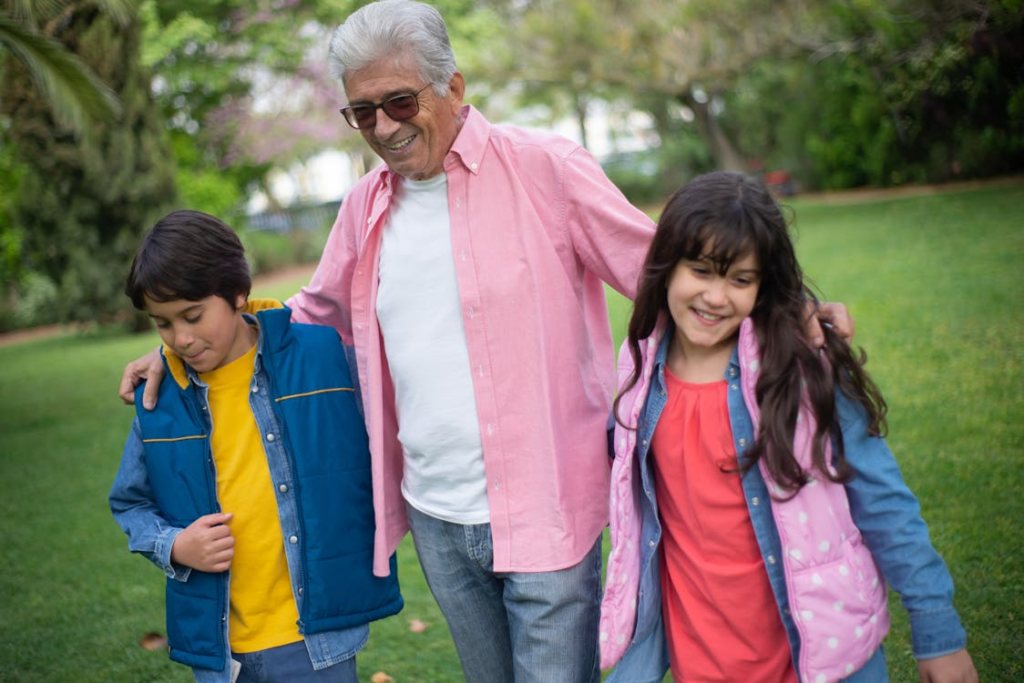
When you tell your grandchild they’ve gained weight, it can hurt their feelings and make them dislike how they look. It can also teach them that gaining weight is a bad thing, which isn’t true. Such comments hurt a child’s sense of self-worth and lead to bad eating habits. This is a big problem right now when young people are already crazy about beauty standards that are too high. Instead of focusing on how kids look, grandparents should talk about their health and happiness. It helps the kid feel good about himself no matter what.
15. Keeping Secrets
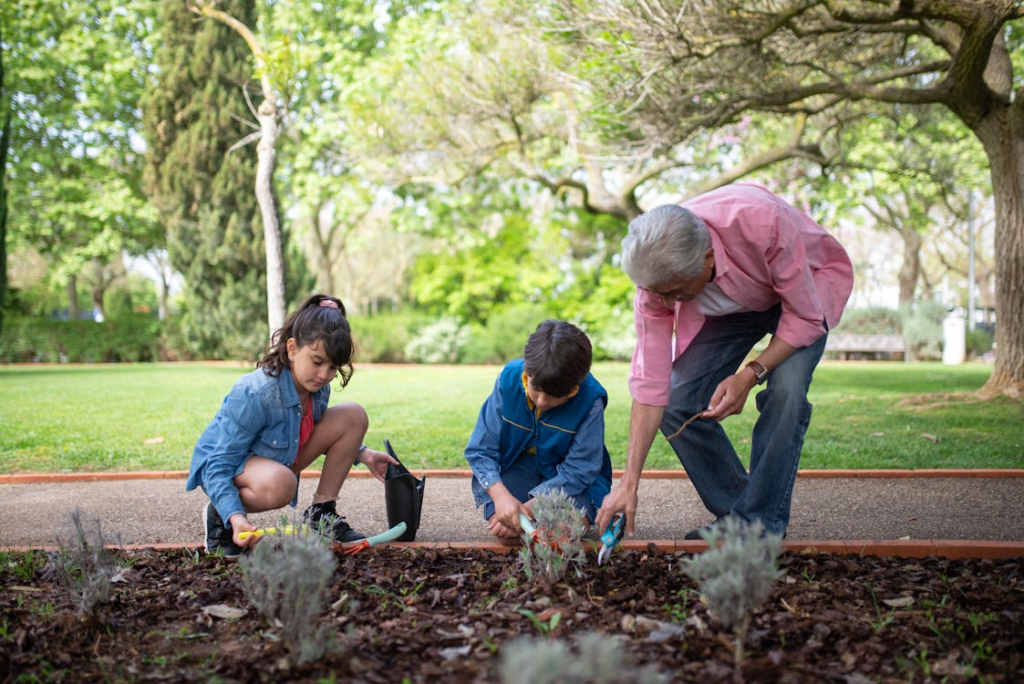
It can be hard for family members to trust each other when you tell your grandkids to keep secrets from their parents. It’s also hard for the child because he has to pick between his parents and his grandparents. What’s interesting is that it gives the child the idea that lying and hiding secrets from parents are okay. Grandparents should encourage people to be honest and help family members talk to each other.
16. Comparisons to their Parent
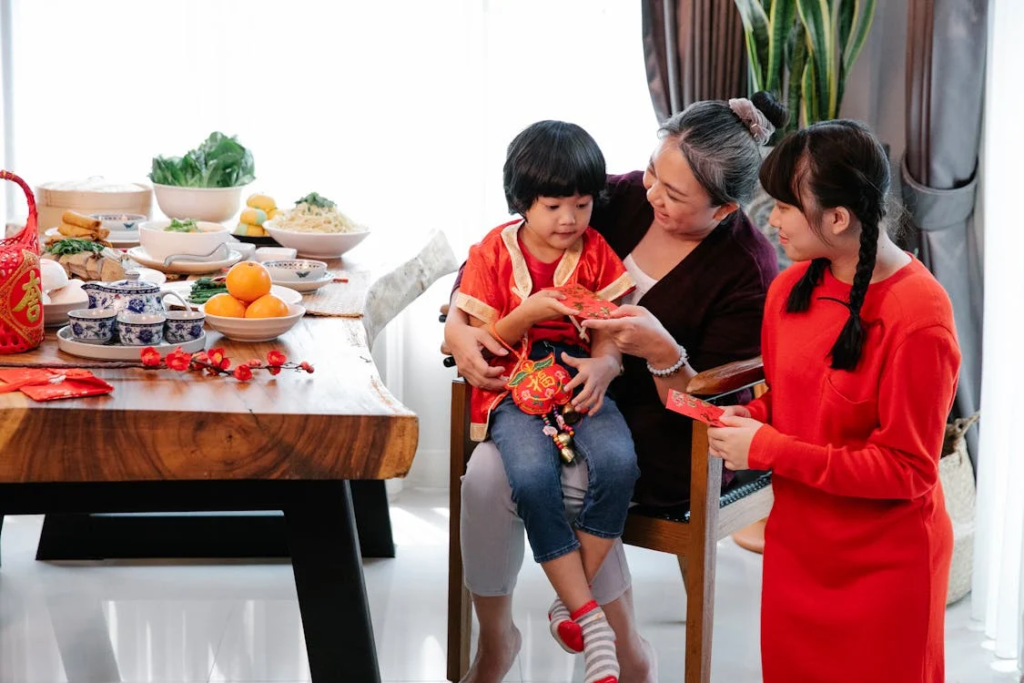
It might not be harmful to compare grandkids to their parents, but it can put stress on the child. In the early years, kids are still finding out who they are. Hearing, “You’re just like your mom or dad,” could make them feel like they have to be like their parents, ignoring their own skills and goals. This can make a child feel bad too if they think their parent and grandparent don’t get along. Instead, focus on praising the unique things that your grandkids do well. This will help them feel confident and independent.
Read More: ‘My Mother-in-Law Got A Tattoo Of My Children’s Names Without Asking Me First’
This content has, in part, been generated with the aid of an artificial intelligence language model. While we strive for accuracy and quality, please note that the information provided may not be entirely error-free or up-to-date. We recommend independently verifying the content and consulting with professionals for specific advice or information. We do not assume any responsibility or liability for the use or interpretation of this content.

